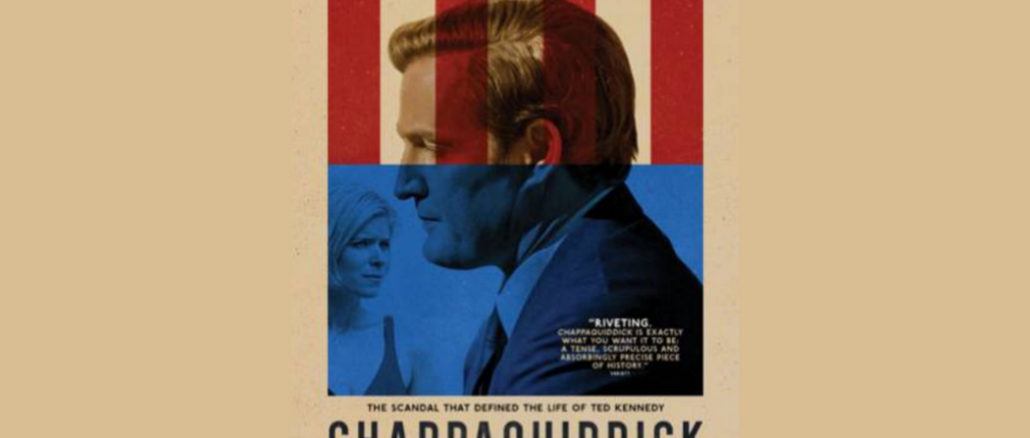
Late on the night of Friday 18th July 1969, aspiring U.S. presidential candidate Senator Edward (Ted) Kennedy left a party on Chappaquiddick Island. With 28-year-old Mary Jo Kopechne as a passenger in his car, Kennedy accidentally drove off a bridge. He escaped, but Kopechne was trapped in the submerged car and died. Kennedy didn’t report the accident for another ten hours. No autopsy was held.
Kennedy’s eventual attempt to tell a version of the truth damaged his bid for the presidency, but the two-month suspended sentence he received for leaving the scene of an accident was a wrist-slap that enabled him to remain in the Senate until his death in 2009.
Ted Kennedy was the youngest son in a political dynasty that has held public office almost continually since 1945. His brother John (JFK) was U.S. president from 1960 until his assassination in 1963; brother Robert (Bobby) was Attorney-General and a senator until he too was assassinated during his 1968 presidential campaign. Kopechne was a political strategist who worked on that campaign.
Director John Curran and first-time screenwriters Andrew Logan and Taylor Allen draw on the official records of the 1970 inquest to delve into the Chappaquiddick tragedy. The movie focuses on the details leading up to and including the crash, its immediate aftermath and the manoeuvring of the political machine to minimise damage to Kennedy’s reputation and his family’s position in history. Along the way it exposes the underside of the Kennedy gloss, the power of the political forces behind the family and the fallibility of human nature.
The first words Kennedy is heard to utter after the crash are not about Mary Jo. “I’m not going to be president,” he informs his cousin, lawyer and long-time advisor, Joe Gargan. “You’re gonna survive this,” Gargan assures him. We know from history that this is true, making Kopechne’s untimely death even more poignant.
Jason Clarke, who hails from Winton in Queensland, gives a powerfully understated performance as Ted Kennedy – the flawed and inadequate youngest brother of two great men, struggling to find his moral compass while trying to protect both his own political ambitions and his family’s legacy.
Clarke is ably supported by Kate Mara as a bright and sincere Kopechne, still traumatised by the death of Bobby Kennedy; Ed Helms as Kennedy’s cousin, lawyer and long-time advisor Joe Gargan, who acts as Kennedy’s de-facto conscience throughout the film; Jim Gaffigan as Kennedy’s friend, compromised attorney Paul Markham; and Bruce Dern in a brief but searing portrayal of Kennedy’s father Joe – domineering and tyrannical despite being wheelchair-bound after a stroke.
The visuals are well-crafted with impeccable period detail. There is a particularly memorable and sobering scene in which the Kennedy family machine – a tableau of dark-suited men, seemingly without a shred of ethics or humanity among them – swings into damage control to save Kennedy’s career while failing to acknowledge the true victim.
In light of the plethora of Kennedy-centric movies, perhaps one day the respect due to Mary Jo Kopechne (who has long been known to the public through a single black and white photograph) will be paid through a more detailed account of her short life and achievements.
With a running time of 106 minutes, the story unfolds slowly and thoughtfully, but relentlessly. If you have an interest in politics or history, this film is likely to generate important conversations about power and justice. Although the events took place almost 50 years ago, the film leaves a feeling of hollowness and a sense of despair at the moral vacuum and the power of spin that still shapes politics today.
Chappaquiddick is rated M and is in Australian cinemas from 10th May.
Anne Brosnan is an aspiring author who runs a (very) small consulting company. When she’s not immersed in corporate strategies and project plans, you’re likely to find her engrossed in a book, seeing the latest play at a local theatre or planning her next travel adventure.

Leave a Reply